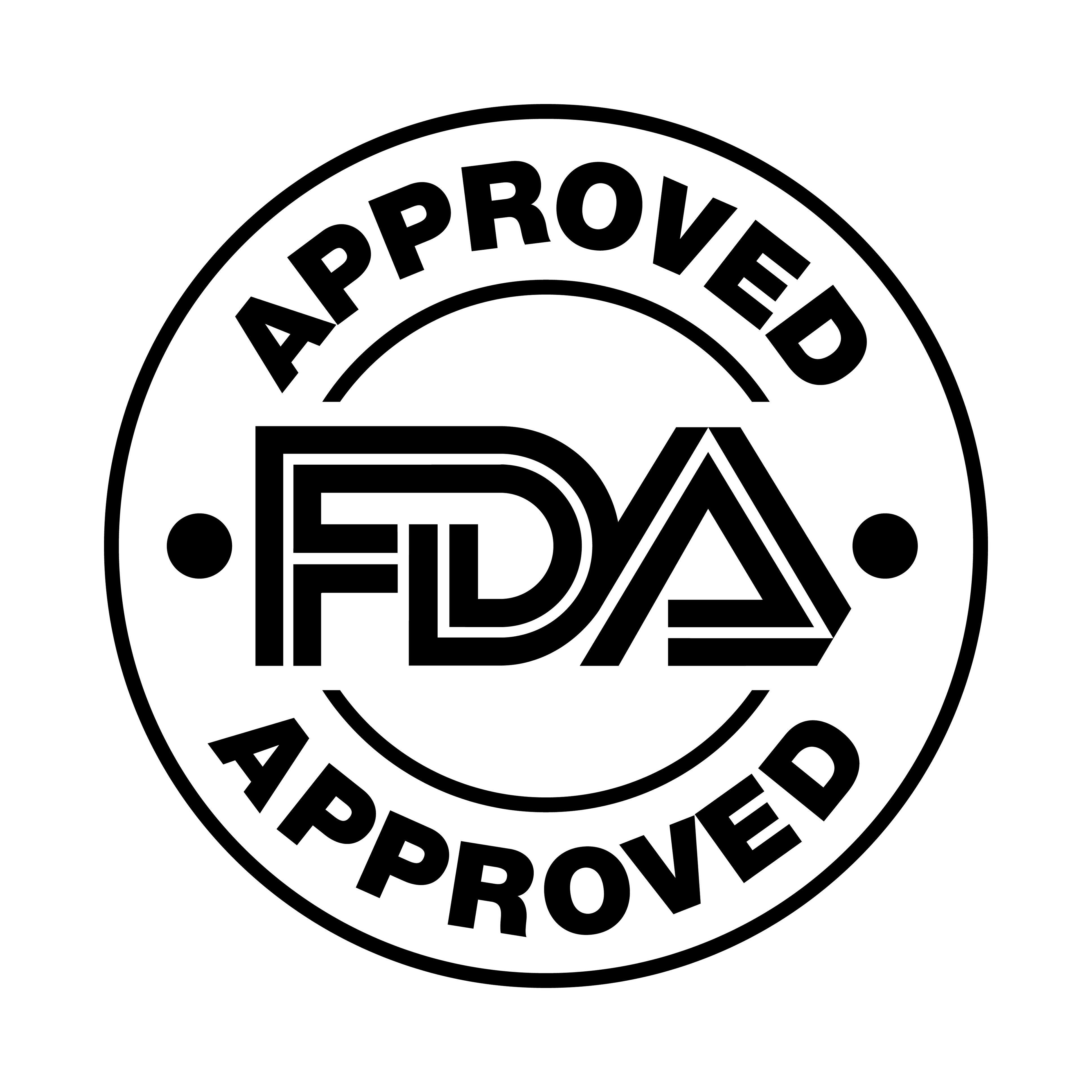Takeaways
- The FDA has approved birch triterpenes (FILSUVEZ) topical gel for treating partial thickness wounds associated with junctional epidermolysis bullosa (JEB) and dystrophic epidermolysis bullosa in patients aged 6 months and older.
- Birch triterpenes is the first FDA-approved treatment for JEB wounds, providing a solution for the rare and severe form of epidermolysis bullosa.
- The gel, derived from birch bark extracts, can be integrated into existing treatment routines and applied topically during dressing changes, addressing the pain and limited mobility associated with JEB.
- FDA approval is based on positive outcomes from the phase 3 EASE trial, a global study involving 223 patients, demonstrating statistical efficacy compared to control gel.
- Reported adverse reactions include skin issues and local hypersensitivity, with an overall acceptable safety profile for treating JEB-associated wounds.
Patients aged 6 months and older with partial thickness wounds with junctional epidermolysis bullosa (JEB) and dystrophic epidermolysis bullosa can now be treated with birch triterpenes (FILSUVEZ; Chiesi Global Rare Diseases) topical gel following its approval from the FDA.
The approval makes birch triterpenes the first approved treatment for wounds associated with JEB, a moderate-to-severe and rare form of EB that causes blisters that can begin in infancy.
Birch triterpenes can be integrated with existing treatment routines at home, and topically applied to wounds at each dressing change. The inherited skin disease can result in intense pain and limited mobility.
The topical gel contains “a dry extract from [2] species of birch bark consisting of naturally occurring substances known as triterpenes, including betulin, betulinic acid, erythrodiol, lupeol and oleanolic acid,” according to a news release from Chiesi Global Rare Diseases.
The topical should be applied to the wound surface at a thickness of approximately 1 mm and be covered by a dressing or can be directly applied to the wound dressing.
Chronic and severe blistering, ulceration, scarring of the skin, scarring of the hands and feet, joint contractures, a high risk of developing squamous cell carcinomas, and a high risk of premature death can result of EB.
The approval of birch triterpenes topical gel is based on the phase 3 multisite, randomized, double-blind, randomized EASE trial (NCT03068780) that was performed across 58 sites in 28 countries.
The trial included 223 patients, of which 156 were pediatric. A 3-month double-blind, randomized controlled phase was followed by a 2-year open-label, single-arm phase. EB patients with target wounds between 10 and 50 cm2 in size that were present for more than 21 days and less than 9 months were included in the double-blind phase and randomized 1 to 1.
The primary outcome of the study was efficacy of birch triterpenes topical gel compared to control gel. With 41.3% of patients achieving first complete target wound closure withing 45 days of the phase 3 trial.
Of the patients that completed the double-blind phase, 100% entered the open-label safety follow-up. According to results, the primary outcome was achieved with statistical significance (P = 0.013).
Skin reactions and local hypersensitivity, including urticaria and dermatitis, have been reported in patients treated with birch triterpenes. Pruritis and pain at wound application site were the most commonly reported adverse reactions in clinical trials (7.3%).
Reference:
Chiesi Global Rare Diseases receives FDA approval for FILSUVEZ (birch triterpenes) topical gel for the treatment of epidermolysis bullosa. Chiesi global Rare Diseases. Press release. December 19, 2023. Accessed December 20, 2023. https://www.globenewswire.com/news-release/2023/12/19/2798751/0/en/Chiesi-Global-Rare-Diseases-Receives-FDA-Approval-for-FILSUVEZ-birch-triterpenes-topical-gel-for-the-Treatment-of-Epidermolysis-Bullosa.html
